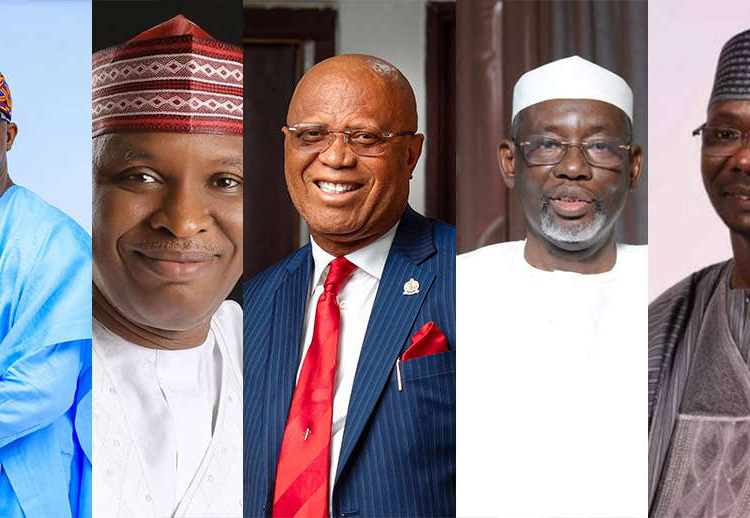On May 29, no fewer than 18 new governors were sworn into office. Twelve of the 18 succeeded governors from their own parties and were, in most cases, handpicked by their predecessors. That is, however, not a guarantee that the newly sworn-in governors will not fallout with the former governors sooner than expected. In the politics of Nigeria, it has become a familiar pattern for outgoing state executives to insist on determining who succeeds them in office only to end up as ‘mortal enemies’ of their successors.
But in a state like Kaduna, former governor, Nasir el-Rufai, has frequently declared a policy of non-interference with the government that succeeds him in office.
This is something he has practiced with previous jobs he had held. Those assignments, however, did not carry the same political weight as an executive governor of a state and he may find it much more difficult if Governor Uba Sani chooses to undo some of his policies.
By and large, in states where the new and former governors represent the same political party, there should be no difficulty in retaining policies that have been deemed good for the states and seeing through all uncompleted projects. It is our hope that a change of guard at Government House in the various states will not lead to more abandoned projects.
A number of the new governors, in states like Plateau, Abia, Benue, Kano, Zamfara and Sokoto displaced the former ruling parties and the anointed candidates of the former governors. In many of these states, the new governments have been left with huge public debts that could limit their own plans to develop their states and embark on new projects.
In Benue, for instance, by the admission of the former governor, Samuel Ortom, he left behind a debt of N187 billion for the new government. There are also states where governors had stopped paying salaries for months knowing they were on their way out.
It is almost certain that these set of governors from rival political parties will not be covering up the wrong-doings of their predecessors in office. In fact, some have indicated they would reverse some policies of the former governors. There are fears this could end up as a witch-hunt that might lead to political and social unrest.
In Kano for instance, we urge the new government to tread carefully on how it manages the delicate issue of the emirate council. Exposing corruption and malfeasance by the former government is a different matter.
In our considered opinion, this should not distract from the onerous task ahead.
Cases of corruption by former governors are already a top priority of the Economic and Financial Crimes Commission (EFCC), which has openly accused the former governor of Zamfara of mismanaging some N70 billion. There are also reports of the former governor leaving behind a litany of abandoned projects. But the new governor, Dauda Lawal, could have many more challenges ahead than chasing just Bello Matawalle for misappropriated funds. Zamfara, like many other states, still face the problem of ghost workers. The health sector in many of the states literally operates in secrecy. And that is exactly why health workers, who for years are no longer working in a state like Zamfara, are officially still on the payroll.
In states like Sokoto and Yobe, things seem good enough for their health workers, resident doctors there refused to join the warning strike embarked upon by the National Association of Resident Doctors.
We are worried that a good number of states have passed laws tying funding for state owned universities to certain percentage of local government funds thus hamstringing the effective development at the tier of government. In many states, the traditional institutions are also funded by the local governments. And so are projects conceptualized by the state governments.
It is the position of this newspaper that this is not sustainable in the long run as the depleting resources available at the local government level will increase the level of insecurity and ungoverned spaces in remote areas.
The reality today, in our assessment, is that tertiary education in Nigeria is no longer free. Most universities in the country have more potential to raise money than some well-established revenue generating agencies. There should be a time limit on how long state governments could fund tertiary institutions, which ideally should not be more than 15 years.
At least 10 of the 28 governors that took their oaths of office recently are going into their second and last terms. It is crucial that these governors fulfil their commitments to the electorate. That is the expectation of the people. Nothing less will suffice.





